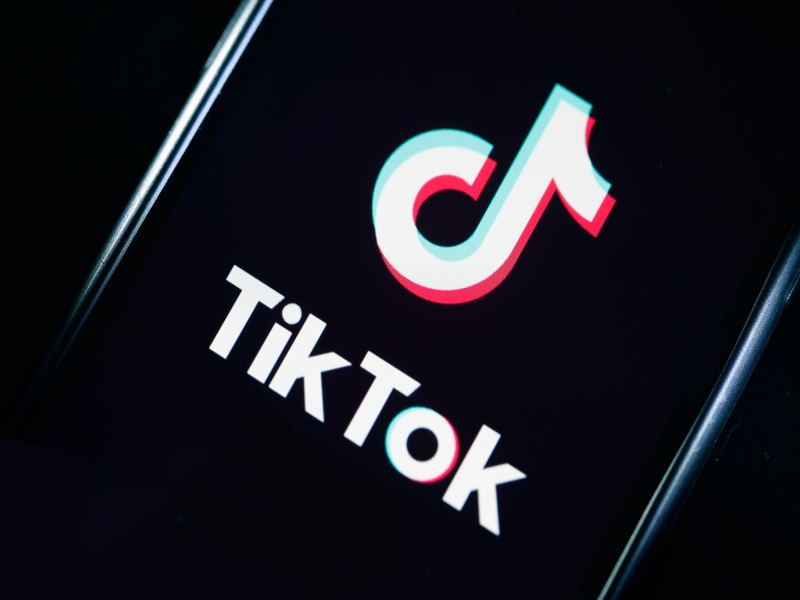TikTok files a lawsuit against US ban

TikTok has taken legal action by filing a federal lawsuit on Tuesday. The lawsuit challenges the constitutionality of a new law that mandates the sale or ban of the widely-used social media app. This move sets the stage for a court battle that will address the complex issues of national security and free speech in today’s era of global information conflicts.
The lawsuit, filed directly with a federal appeals court in Washington, D.C., aims to obtain a court order that would prevent the U.S. from enforcing the bipartisan law signed by President Biden last month. The measure requires TikTok’s parent company, ByteDance, to divest itself of the platform by mid-January in order to avoid a ban in the U.S.
ByteDance has stated that it is unable and unwilling to sell its U.S. operations by the deadline, which means that litigation is its only option to preserve its presence in the U.S. market. The lawsuit alleges that the government has violated TikTok’s First Amendment rights, along with the free-speech rights of millions of Americans, in the name of national security.
The lawsuit asserts that the Act will inevitably lead to the shutdown of TikTok by January 19, 2025. This would result in the loss of a platform that 170 million Americans rely on for unique forms of communication.
The lawsuit further claims that the ban imposed by the U.S. is a violation of the constitution, as it is seen as a form of legislative punishment against TikTok. It argues that the ban denies the company equal protection under the law and is essentially an unlawful seizure of private property.
TikTok’s short-form video platform has rapidly become popular as an entertainment platform, source of news, influencer of culture, and center for activism.
National-security officials and federal lawmakers observed its expansion with concern. Proponents of the law argue that TikTok provides a powerful means for a foreign adversary to engage in surveillance of American citizens and influence public sentiment using its algorithms. According to experts, severing TikTok’s connections with China is the most effective approach to address the security risks.
TikTok claims to have implemented measures to protect user data and mitigate any potential influence from the Chinese government.
The U.S. has historically imposed limitations on foreign ownership of radio and television broadcasting. However, Congress has not previously implemented such significant measures against an internet platform that is widely utilized by millions of Americans.
Previous government restrictions on TikTok have been invalidated by courts, although the unresolved First Amendment concerns remain.
A federal judge in Washington, D.C. has ruled against the Commerce Department’s attempts to ban TikTok during the Trump administration. The judge determined that the agency went beyond its authority under a law from the 1970s known as the International Emergency Economic Powers Act.
In a different Pennsylvania case, another U.S. district judge, based on similar legal grounds, supported a group of TikTok stars who filed a lawsuit against the Trump administration with the company’s backing.



